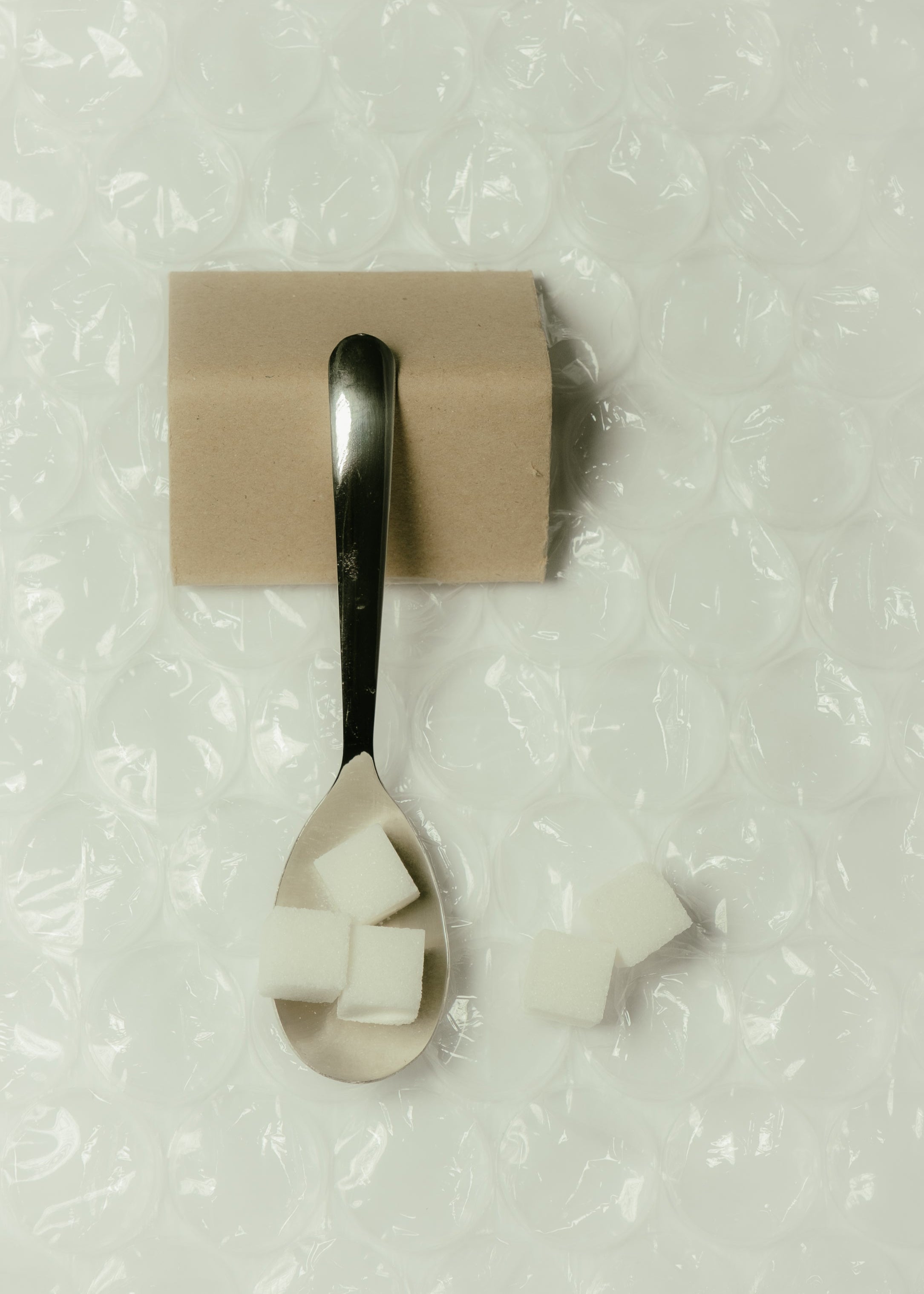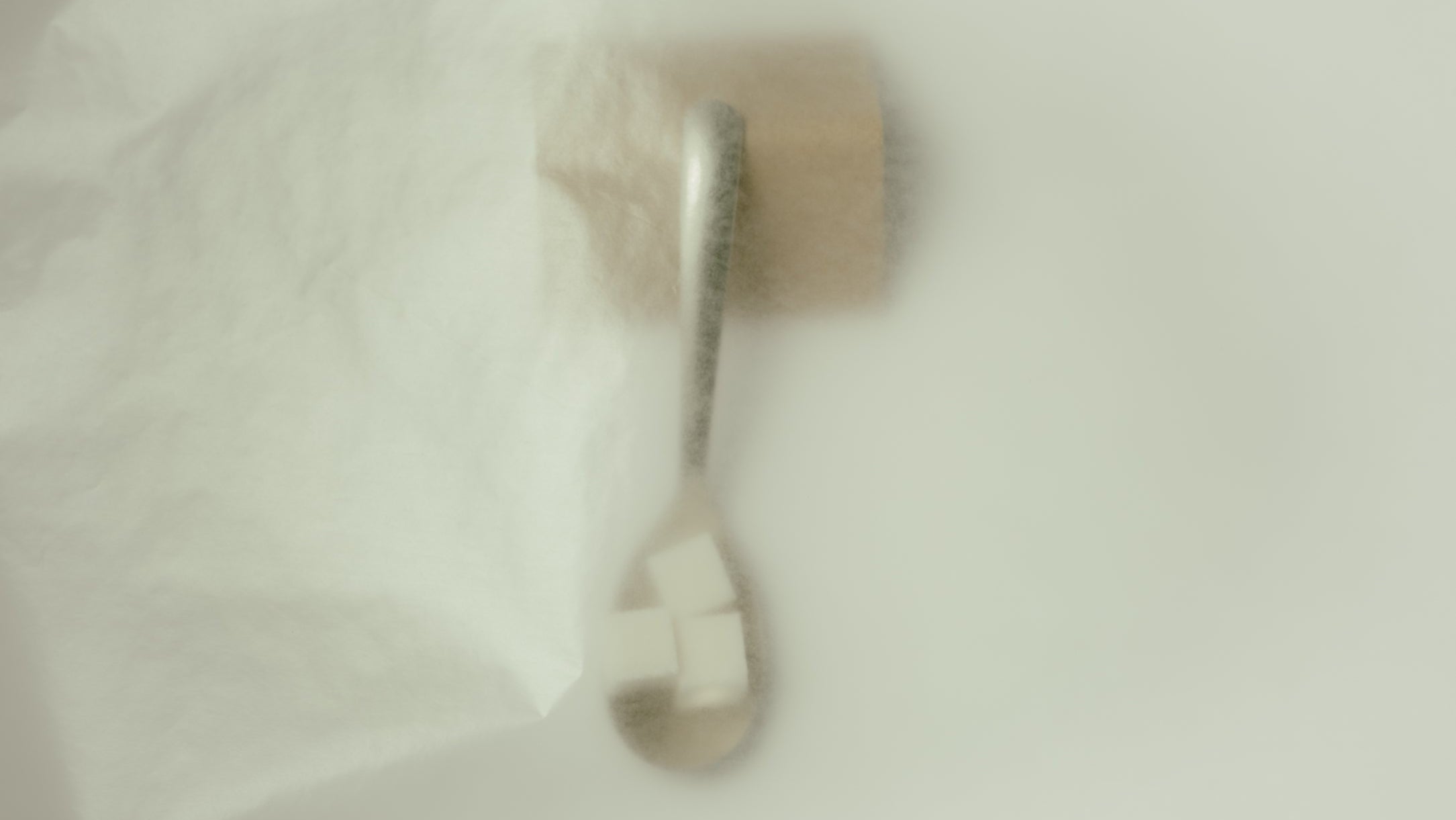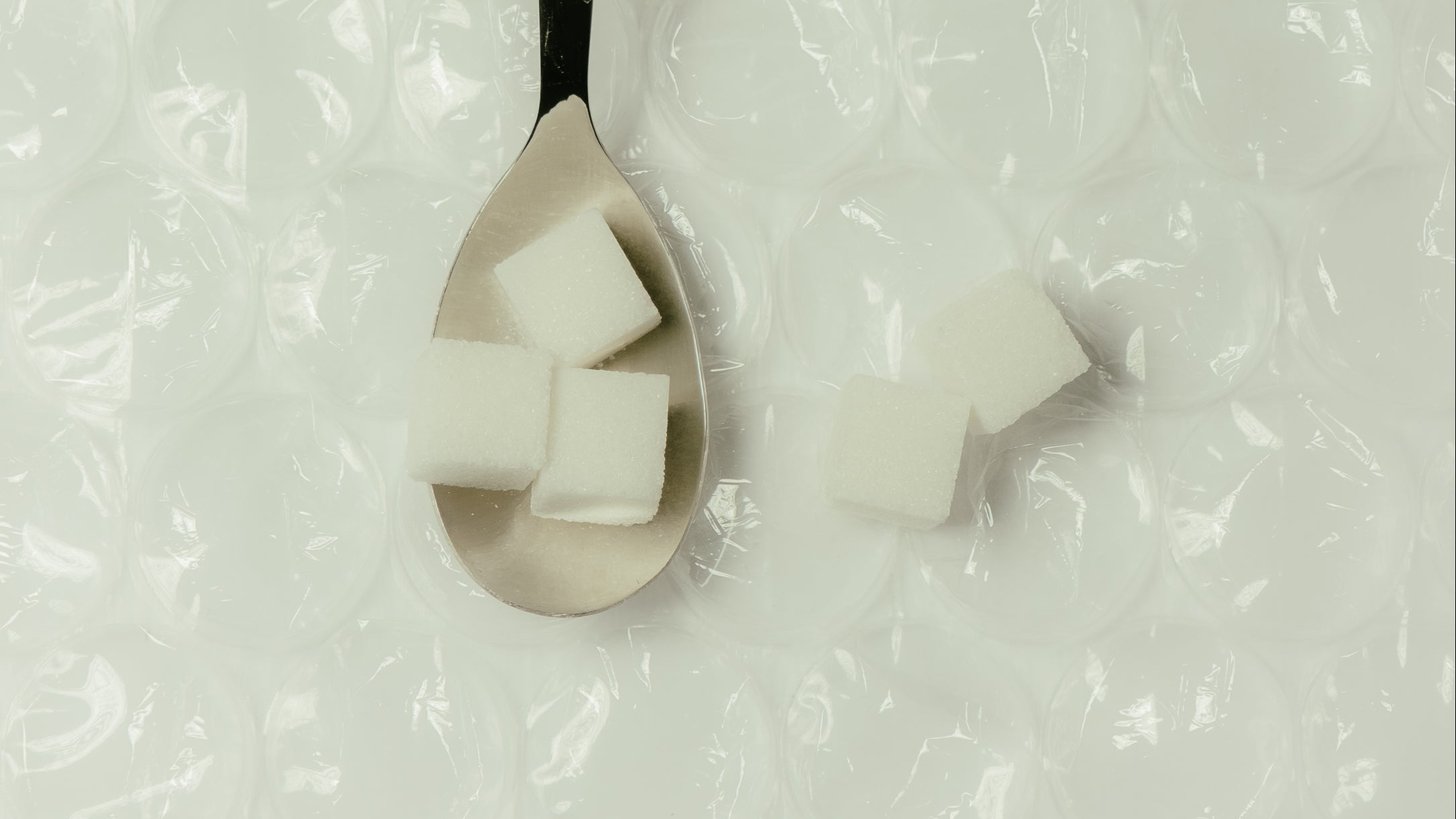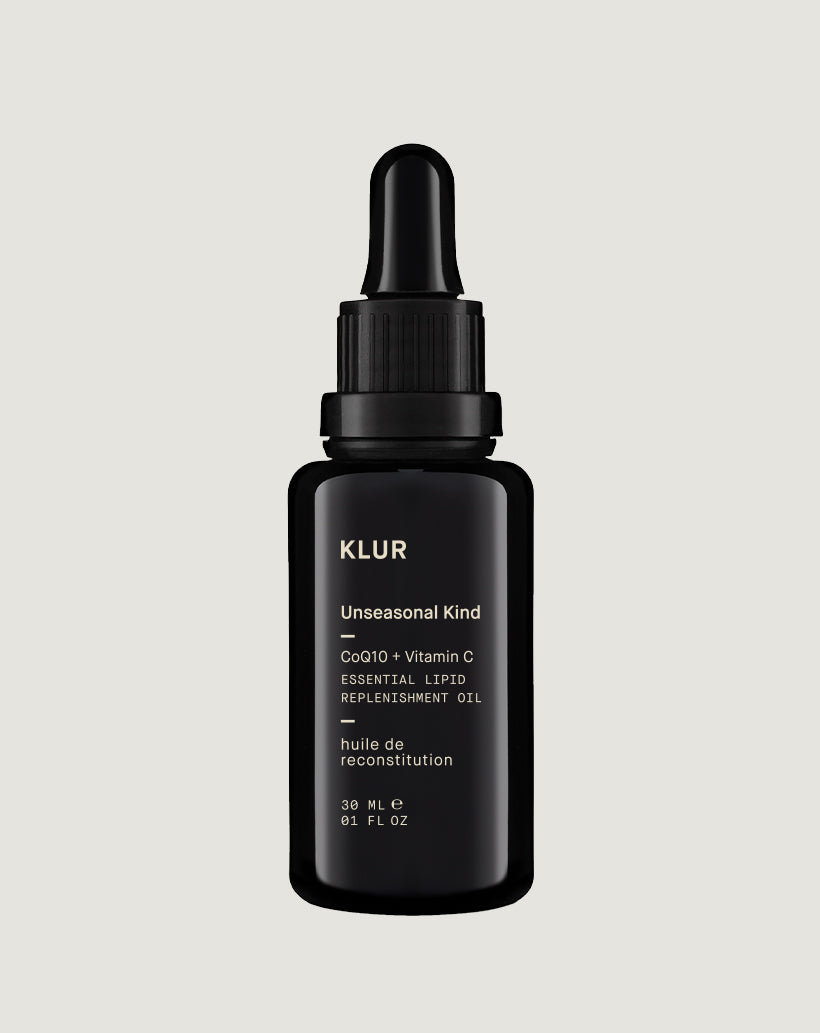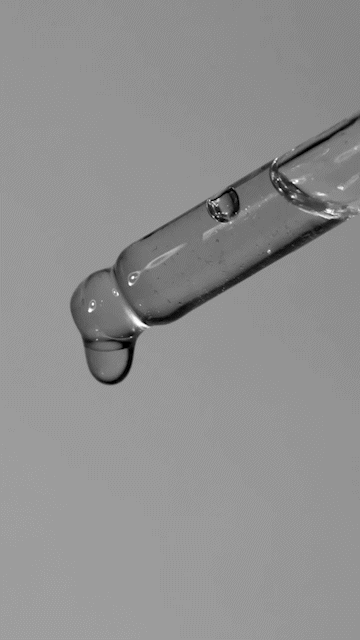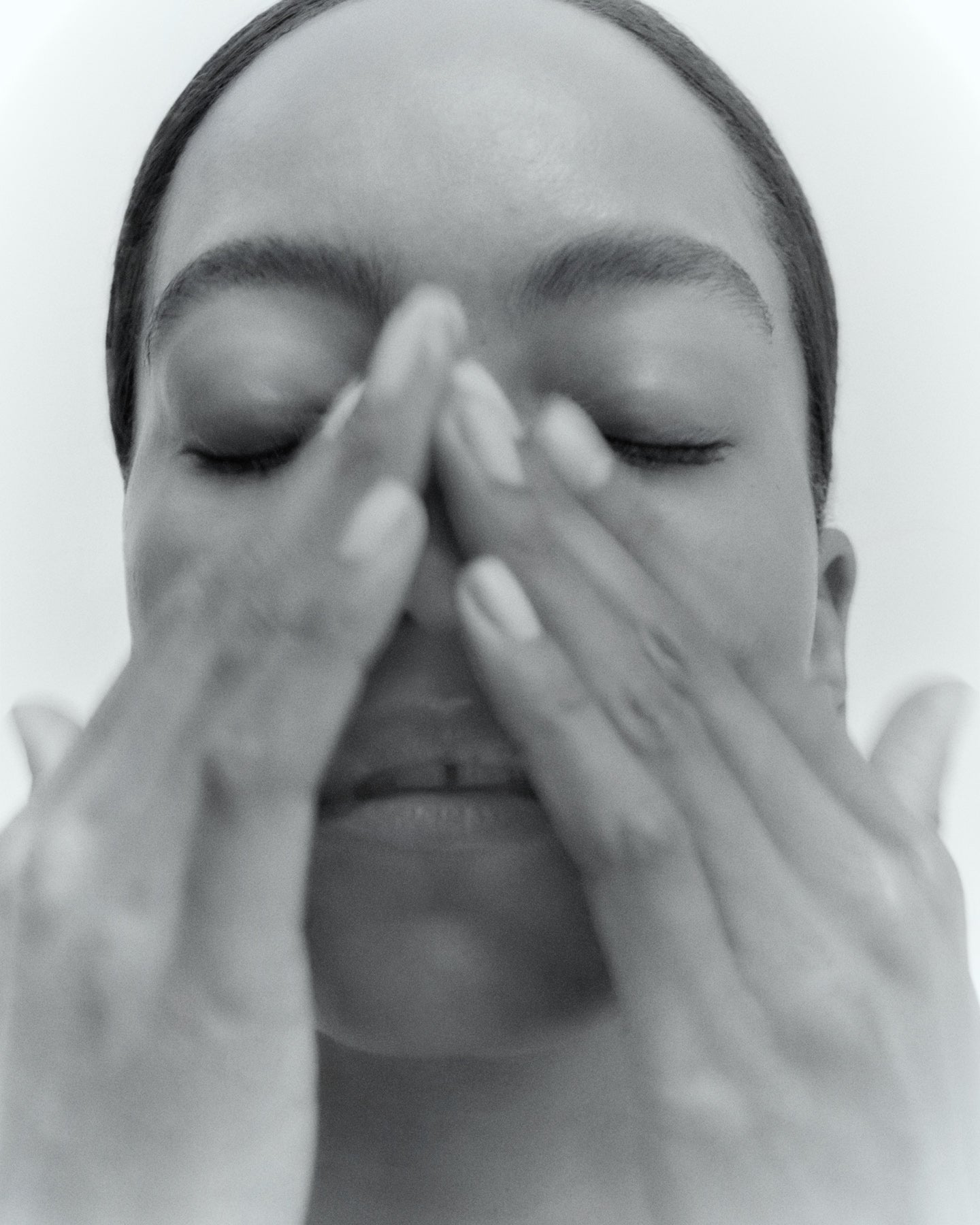Before we dive into the intricacy of sugar and your skin, let's pause to admire the complexity of skin. Your skin is more than just an external facade – it's a vital organ with various functions, from protection to sensation; your skin reflects your overall health, serving as a barometer of your well-being.
Achieving your healthiest skin involves improving your overall health and addressing internal balance. Join us as we explore the science-backed truths about sugar's impact on your skin and how you can navigate this complex relationship for radiant, resilient skin.
